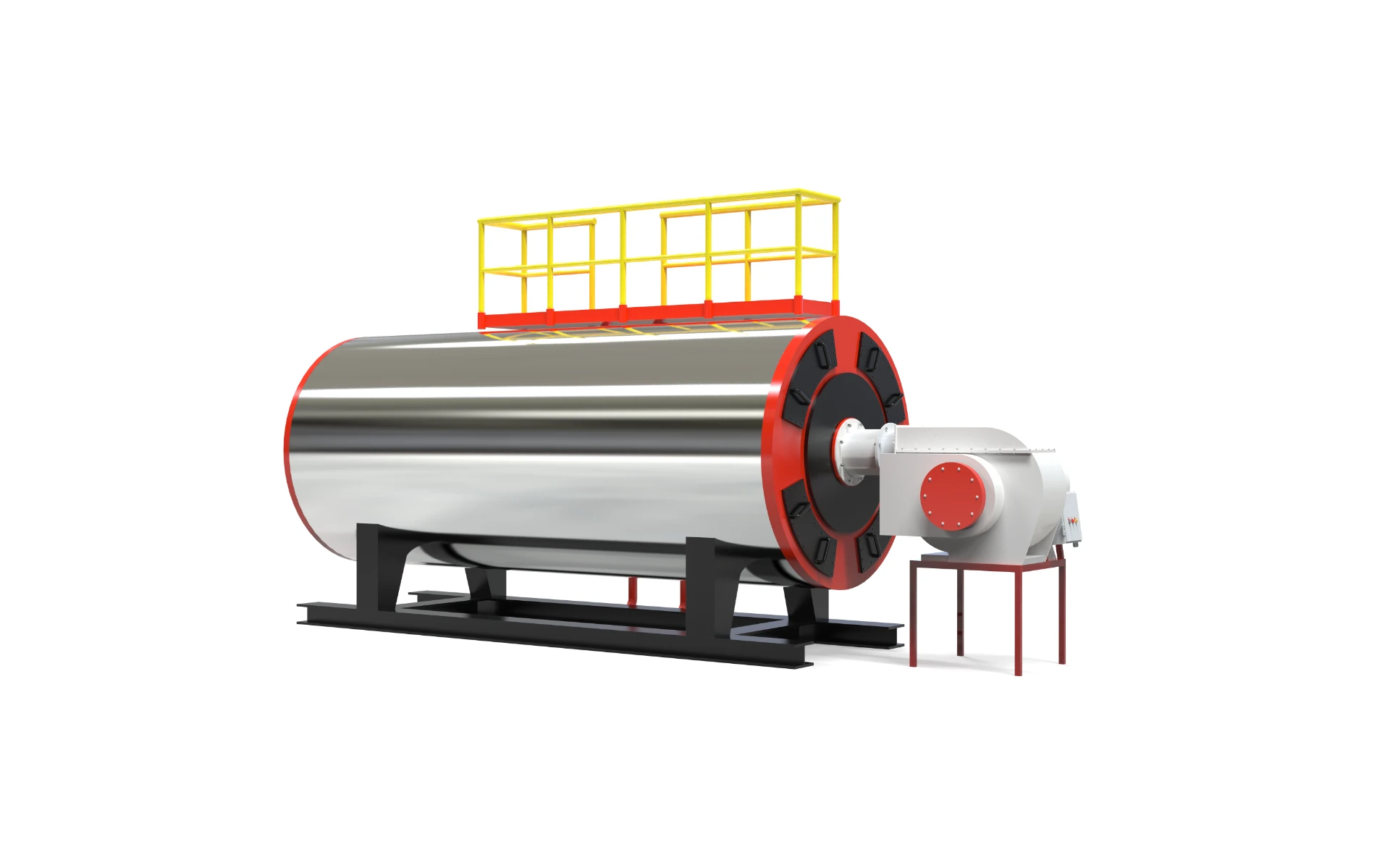
Aug . 09, 2024 16:00 Back to list
Understanding Biomass Heating and Its Advantages for Sustainable Energy Solutions Today
What is Biomass Heating?
Biomass heating refers to the use of organic materials, often sourced from plants and animals, to produce heat energy. This renewable energy source has garnered increasing attention as a sustainable alternative to fossil fuels, given its potential to reduce greenhouse gas emissions and reliance on non-renewable energy sources. The process of biomass heating primarily involves the combustion of biomass materials, which releases stored energy in the form of heat.
Understanding Biomass
Biomass encompasses a broad range of materials, including wood, agricultural residues, animal manure, and even specific energy crops deliberately cultivated for fuel purposes. Common biomass sources include wood pellets, chips, logs, and agricultural byproducts like corn stover and straw. These materials are typically classified into two categories primary biomass (raw materials directly harvested from nature) and secondary biomass (processed materials like pellets and briquettes).
How Biomass Heating Works
The process of biomass heating begins with the collection and preparation of biomass materials. Once harvested, these materials are dried and processed into a form suitable for combustion. The most common method of heating with biomass is through the use of a biomass boiler or stove. These appliances are designed to burn biomass efficiently and convert the energy released into usable heat for space heating, hot water production, or even electricity generation.
When combusted, biomass releases heat energy that can be utilized for residential, commercial, and industrial heating applications. Modern biomass heating systems are equipped with advanced technologies that optimize combustion efficiency and minimize emissions, making them cleaner and more efficient than traditional wood-burning stoves.
Benefits of Biomass Heating
what is biomass heating

One of the most significant advantages of biomass heating is its contribution to reducing carbon emissions. The carbon dioxide released during the combustion of biomass is roughly equivalent to the amount absorbed by the plants during their growth, creating a closed carbon cycle. Furthermore, biomass systems can utilize waste materials that might otherwise contribute to landfill, helping to divert waste from disposal sites.
Biomass heating systems can also provide energy security. As biomass is widely available and can be produced locally, communities can reduce dependence on imported fuels, thus enhancing energy resilience. This local sourcing not only supports rural economies but also creates jobs in biomass supply chains.
Another benefit is the adaptability of biomass heating systems, which can be used in various applications—from individual household heating to large industrial processes. With the option to utilize a range of feedstocks, biomass heating offers flexibility tailored to specific needs and resources.
Challenges and Considerations
Despite its many benefits, biomass heating is not without challenges. The sustainability of biomass sourcing is a significant concern; overharvesting of forests or improper management of agricultural lands can lead to ecological harm. Additionally, the emissions produced from burning biomass, although generally lower than fossil fuels, can still contribute to air pollution if not controlled properly.
Moreover, the initial investment for biomass heating systems can be higher than conventional heating options, although many users find that lower operating costs and incentives can offset this over time.
Conclusion
Biomass heating represents a promising solution to the challenges posed by fossil fuel dependence and climate change. By harnessing organic materials, biomass systems can provide a renewable, sustainable, and economically viable heating option for various applications. With careful management and advancements in technology, biomass heating could play a pivotal role in the transition toward a greener and more sustainable energy future.
-
High-Efficiency Commercial Oil Fired Steam Boiler for Industry
NewsJul.30,2025
-
High-Efficiency Biomass Fired Thermal Oil Boiler Solutions
NewsJul.30,2025
-
High Efficiency Gas Fired Thermal Oil Boiler for Industrial Heating
NewsJul.29,2025
-
High-Efficiency Gas Fired Hot Water Boiler for Sale – Reliable & Affordable
NewsJul.29,2025
-
High Efficiency Biomass Fired Hot Water Boiler for Industrial and Commercial Use
NewsJul.29,2025
-
High-Efficiency Biomass Fired Hot Water Boiler for Industrial Use
NewsJul.28,2025
Related PRODUCTS






















